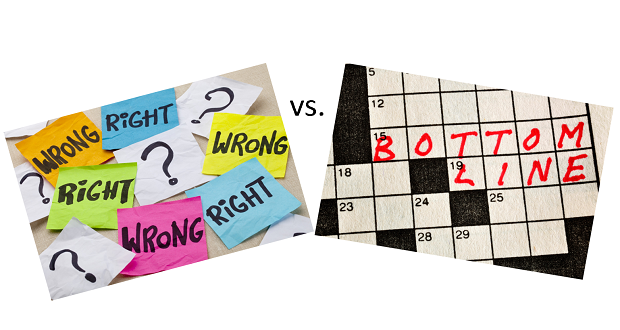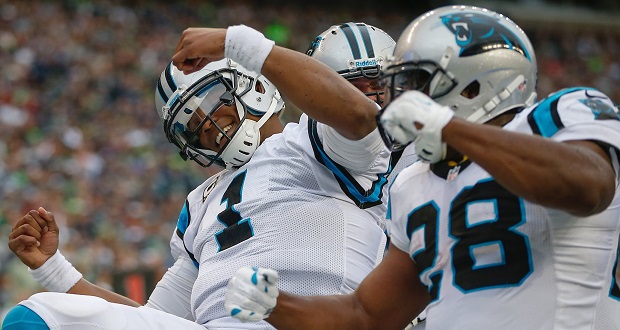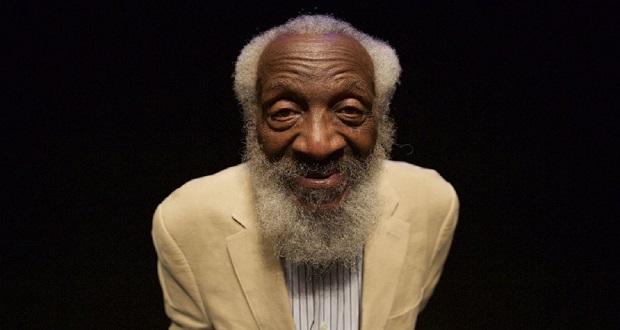
I once worked for a company that regularly held small dinners with the CEO. Every month or so, a randomly selected group of employees would get to break bread with the chief executive at a local restaurant. I’d heard that conversations at such dinners tended to cover barely-personal topics like family, kids, favorite movies, etc., with the requisite false smiles and feigned interest that you’d imagine.
I like my meals a little spicier, so when it came my turn to speak at one of these dinners, I asked the CEO:
“Suppose it’s 1950. You’re the head of a company in the South. A Black man applies for a job for which he’s more than qualified. However, many of your customers are racist and would be upset were you to hire a word I shouldn’t say. Would you employ the person?”
At the time, I’d been thinking a lot about the business case for diversity or, rather, what happens when there appears to be a financial argument against it. So I figured, why not ask the CEO of my employer? I’d rather know his feelings on diversity than his thoughts on the weather.
The question clearly gave him pause, after which he asked me: “So this is before it was illegal to deny employment based on race, right?”
“Yes, this is prior to the Civil Rights Act of 1964,” I replied.
“In that case,” he explained, “I think the decision is easy. I wouldn’t hire the person if doing so would truly hurt the company.”
“But wouldn’t such discrimination be wrong anyway?” I asked.
“This isn’t an issue of right or wrong,” he said. “Since it would be legal not to hire the person, then it’s simply about doing what’s best for the organization.”
I probably should’ve pressed him more on the issue, but it was time for the next person to discuss last night’s episode of Modern Family.
Nonetheless, his answer disappointed me because I believe leadership means standing up for what’s right, not just right for business. I also think there’s a difference between legality and morality and when the two diverge, the latter is more important. It’s a shame the CEO couldn’t see that.
On the other hand, I’m not naïve. What if making the “right” choice is “wrong” for business? What if hiring a Black candidate 64 years ago were to cause a boycott, costing other employees their livelihood? These are valid questions, and they are not easy to answer.
Of course, it’s not 1950 anymore. By any standard, there’s less discrimination today. But let’s also not delude ourselves: Minorities get passed up for jobs and promotions all the time, sometimes because the hiring manager is a bigoted jerk and other times because customers are bigoted jerks. The only difference is that now such discrimination is less overt.
For me, it comes down to this: Thankfully, it’s easier today to make a solid financial case for diversity. At the same time, we shouldn’t forget the moral case for it. Ever.


















